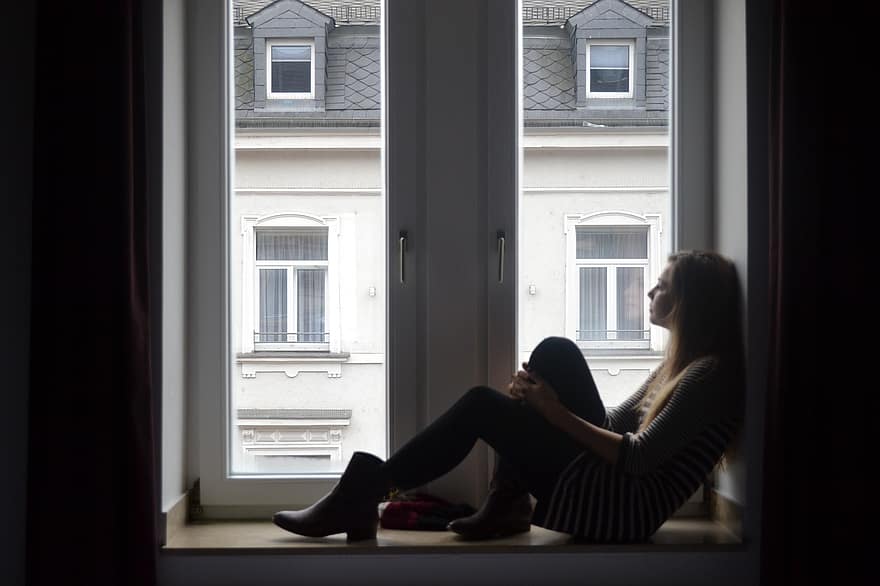A survey published this week by the Antwerp Management School (AMS) reveals that an average of one in four people relapse after suffering a burn-out.
In Belgium, work absence is a big deal with around half a million workers currently on long-term sick leave. One in three cases involves a psychosocial disorder, including burn-out.
Employee burn-out can be defined as a negative emotional, physical and mental reaction to a prolonged work situation that results in exhaustion, frustration, lack of motivation and reduced ability in the workplace. Burn-out can cause real, psychosomatic problems such as headaches, insomnia and depression.
Related News
- Tackling the taboo: Flanders encourages men to seek mental health help
- Prison reform: Belgium increases psychiatric support for inmates
According to the survey, every second person who has suffered from burn-out fears a relapse. The statistics suggest that this is not an irrational fear since one in four people actually experience one.
With its partners, Mensura and the Association of Certified Coaches in Stress and Burn-out (ACSB), the Antwerp Management School has implemented the "re-set" method to respond to the three classic mistakes made by companies which can complicate the reintegration of a recovering employee.
The method puts an emphasis on communication between both parties and aims to make workplaces more welcoming to returning victims of burn-outs, raising awareness about the disorder, and simplifying work-related tasks rather than driving for increased productivity.

